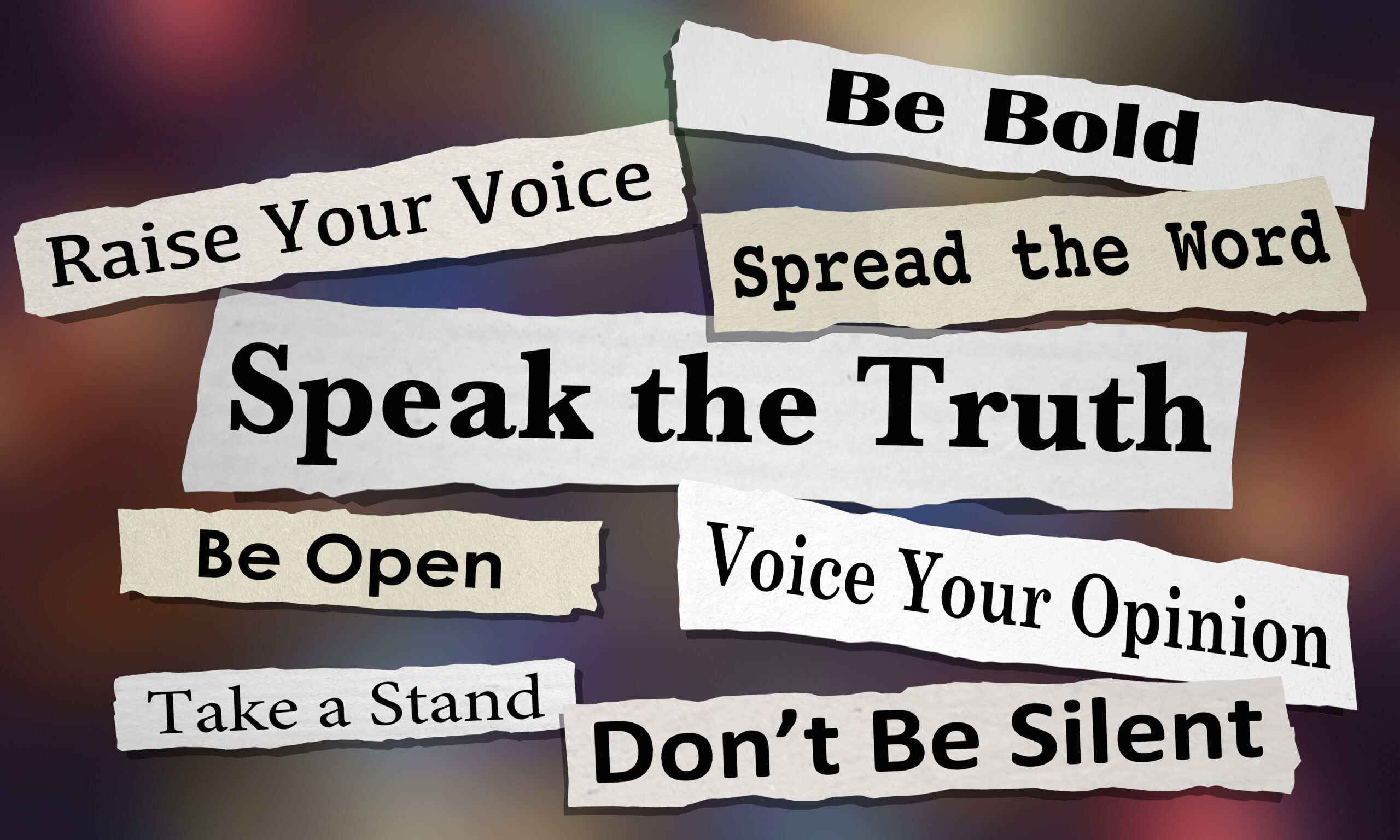
Over my ongoing personal and professional journeys through life, I am continually confronted by anecdotes from clients, friends, colleagues, and strangers who can easily identify one or more moments of abuse in their life stories. What this teaches me is the message that we live in a world with victims of abuse behind more doors than perhaps we may realise.
Yet similarly, as the stories are shared, there is another message outstanding to me: a sense of isolation. A sense that they are alone. A sense that if they tell anyone about the abuse they will not be believed.
And studies show that this is not completely imagined. Research into abuse myths for example helps us to identify that social perceptions of what is ‘right’ and ‘wrong’ is tainted by misunderstandings and frankly incorrect information. Yet these myths are not only part of social thinking which can cause society to be unable to hear the victim, it causes the victim to question their own experience.
And if we don’t stop and question these messages, where does this lead in terms of our own relationship with our bodies; with what our lives are meaningful for?
I give the example of a women’s body in this article as I write here for International Women’s Day 2021, yet the same can and should be identified as a real prospect for people of all genders, ages, sexualities, and backgrounds.
No matter what other people may try to use you for, no matter what has happened in the past, and no matter what you are scared about happening in the future… I can promise through my life experiences and extensive research that you are not alone and that talking about it can help.
